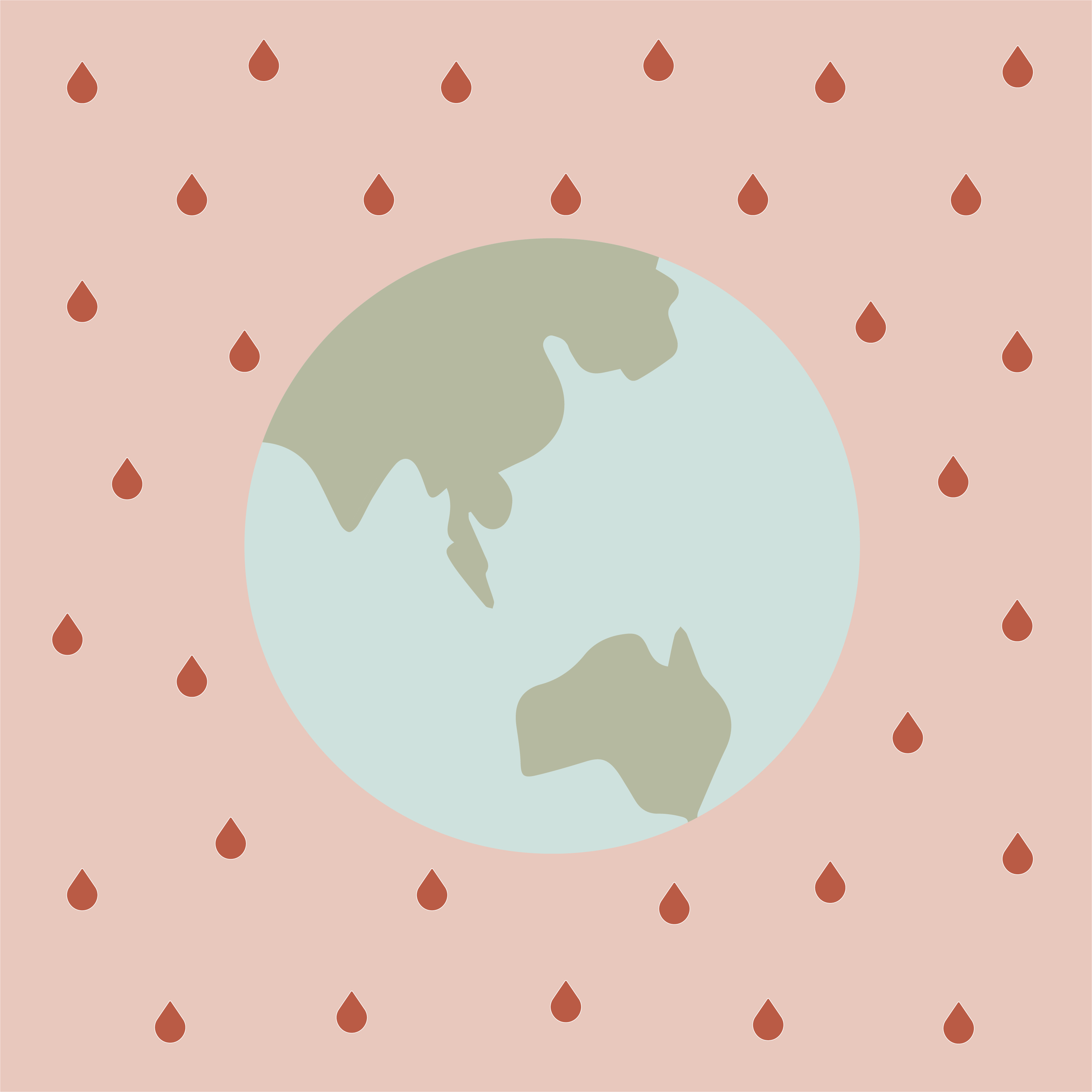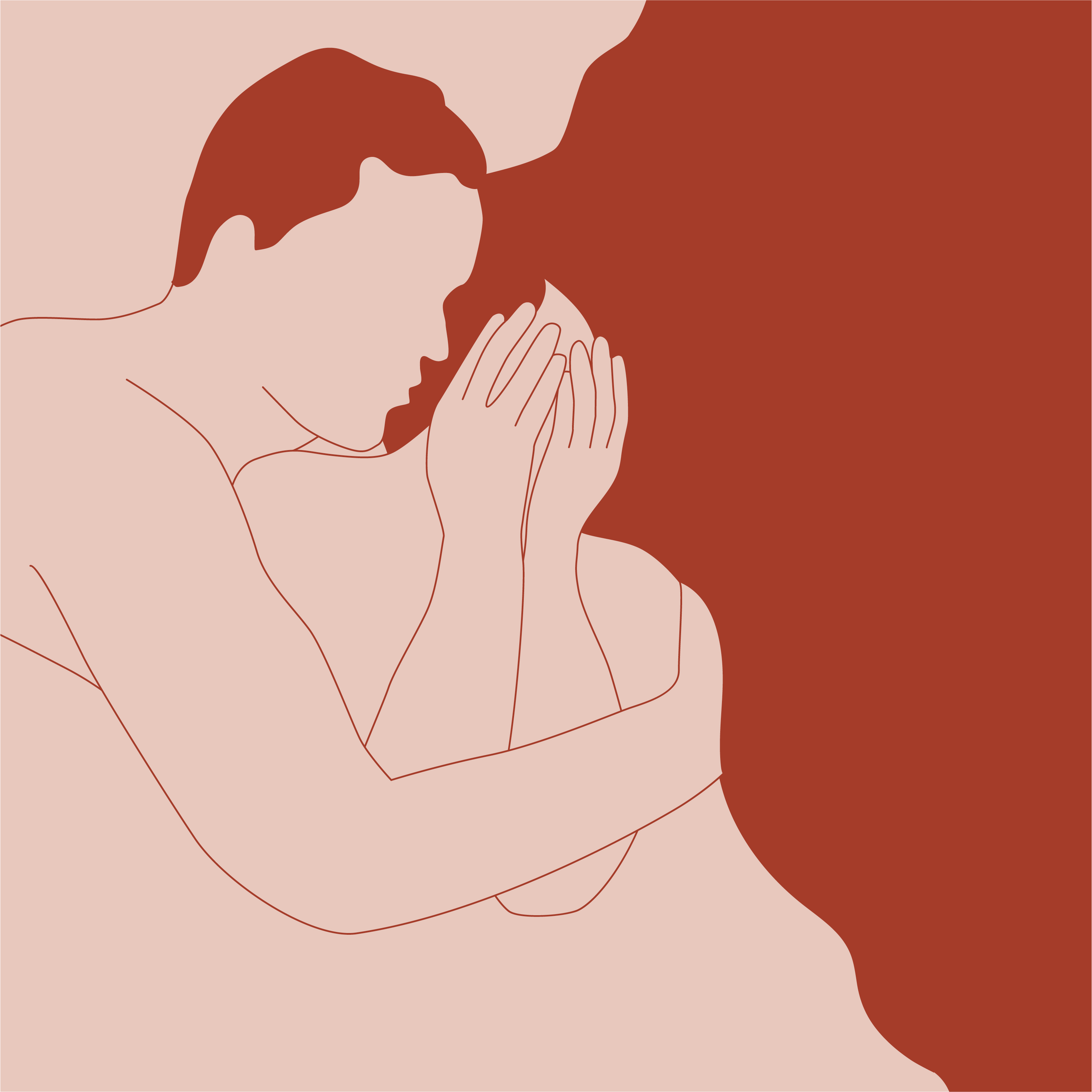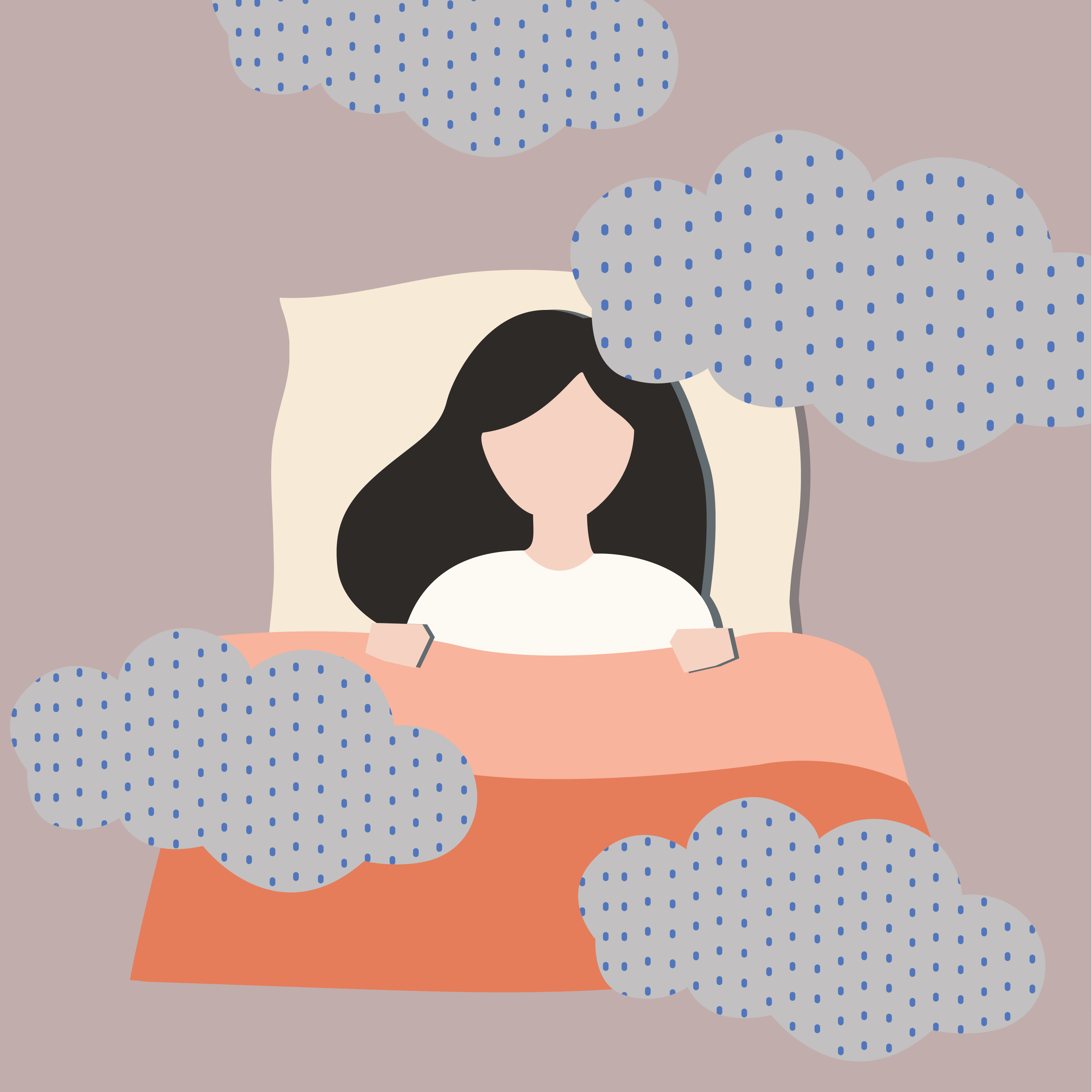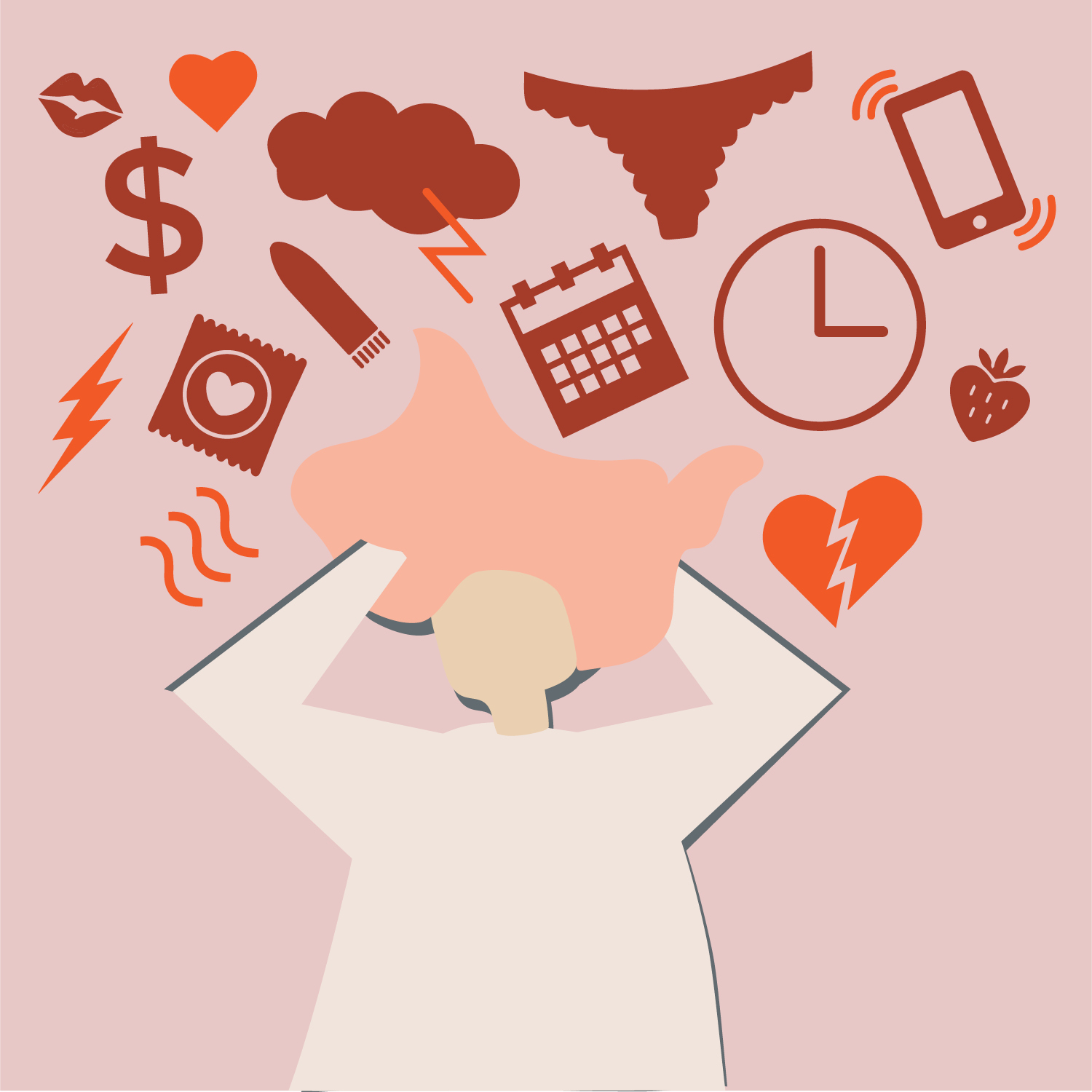Jun 08, 2022
TALKING OVARIAN CANCER WITH SURVIVOR LORAINE PECK
Loraine Peck is body-conscious in the best sense of the word.
Having survived life-threatening cancer diagnoses not once, but twice, she’s the number one advocate for checking in with your body on a regular basis to detect issues early. For her, it’s been a life-saving practice. Now, having beaten ovarian cancer and breast cancer in the space of five years, she’s on a mission to spread the word on the benefits of early detection and to use her voice as a spokesperson for the Australian Gynaecological Cancer Foundation to encourage others to learn about “the less-sexy cancer.”
On receiving a life-changing diagnosis
“I was lying on a banana lounge on holiday and looked down to see this thing poking out of my stomach. My husband could even see it from the other side of the beach!
I thought it was a hernia, so I took a photo and sent it to my colorectal surgeon who had done my colonoscopy only six months earlier. He told me to come in for some tests as soon as I got home. When the tests came back, my doctor called me up and told me to come in to see the gynaecologist that next morning. When doctors start getting urgent like that, you know it’s not good.
Within three days, I was sitting across the table from Professor Neville Hacker, one of Australia’s top Gynaecological Oncologists. He diagnosed me with ovarian cancer. I was 54.”
On the treatment she received, and why she was ‘a lucky one’
“Ovarian cancer can be really difficult to diagnose because the symptoms aren’t obvious. Instead, tiredness, nausea, indigestion, bloating and irregular periods can be easily dismissed as something way less sinister.
In my case, the scans showed two big tumours – one was 1kg and another was wrapped around my colon – so on my small frame, it was more obvious. The only other symptom I had was nausea when I bent over and the need to urinate more often since my bladder was being squeezed by the tumour! The doctors didn’t know exactly what kind of ovarian cancer it was until they performed a 6-hour operation, took a biopsy, and sent my pathology tests off for screening.
It turned out to be serous cancer, an ovarian cancer which grows slowly but is chemo resistant. I was so lucky we caught it early. Only seven per cent of Australian women diagnosed with ovarian cancer can be cured with surgery alone without needing chemotherapy or radiotherapy.”
On dodging the silent killer and the statistics of survival
“Ovarian cancer is called ‘the silent killer’ because it’s so hard to diagnose in the early stages. For 70 percent of women who present with ovarian cancer, their chances of surviving beyond five years are very slim. It’s all about early detection.
The key is in screening. The chances of getting cervical cancer are now really small thanks to the developments in testing. That’s why funding research is so important. Without research we will never develop an early screening test for ovarian cancer the biggest and baddest of the eight gynae cancers.
There are seven other gynae cancers out there that we need to look out for—endometrial cancer being the most common.“
Gynae cancers should be getting as much attention as the other, ‘sexier’ cancers like breast and prostate cancer because gynae cancers will affect 1 in 20 of the women in your life. Every two hours another Aussie woman is diagnosed with a gynae cancer.
On receiving a life-changing diagnosis for a second time
“Because I had ovarian cancer, I had my genes tested to make sure I didn’t have the BRCA gene (an indicator that you have a 50 percent chance of getting breast cancer). Since my mother had breast cancer and I had had ovarian, I was very careful. Once you’ve had cancer, you don’t really trust your body to be doing the right thing.
I didn’t have BRCA, but I did have another, mutant gene that I kept an eye on with an MRI each year (an MRI will show signs of breast cancer a year before a mammogram will!)
Then in April 2020, I discovered I had breast cancer. I had to have the full shebang of a double mastectomy and reconstruction. I called it having the full Angelina Jolie! Again, I was really lucky I caught it early so I didn’t need radiotherapy or chemo because we did the job with surgery.”
On her advice to women in Australia
“Be conscious of your body and check yourself out in every way you can.
Talk to your GP, find a gynecologist and go and get checked out every couple of years.
Ask your mum if there’s been any form of gynaecological cancer in your family.
Donate to scientific research so that we have more of these brilliant minds concentrating on screening tests. Getting in early is the most important thing – I’m living proof of that.
Head to the Australian Cancer Research Foundation website to find out how to help!”
Loraine is using her story to educate and encourage others to take control of their health. Her positivity, proactivity and get-on-with-it-attitude is an inspiration to us all, and a stark reminder to be as proactive as we can in monitoring our own bodies.
Afterall, who knows them better?
Blogs

Jun 08, 2022
EXPLORING PERIOD CARE IN CULTURES AROUND THE WORLD
Our TOM Talks panelist Sabina McKenna explores how different cultures around the world approach period care.
Read More
Jun 08, 2022
STOP APOLOGISING FOR HAVING YOUR PERIOD
Our TOM Talks panelist Mel Mason talks about the importance of not apologising for having your period.
Read More
Jun 07, 2022
STRESSED? NOT SLEEPING? TRYING TO CONCEIVE?
TOM Talk's panelist Georgia Hartmann discussed the links between stress, sleep and fertility.
Read More
Jun 07, 2022
STRESS AND HOW IT AFFECTS YOUR SEX DRIVE
Certified sex coach Georgia Grace is here to unpack the link between stress and sex.
Read MoreProducts